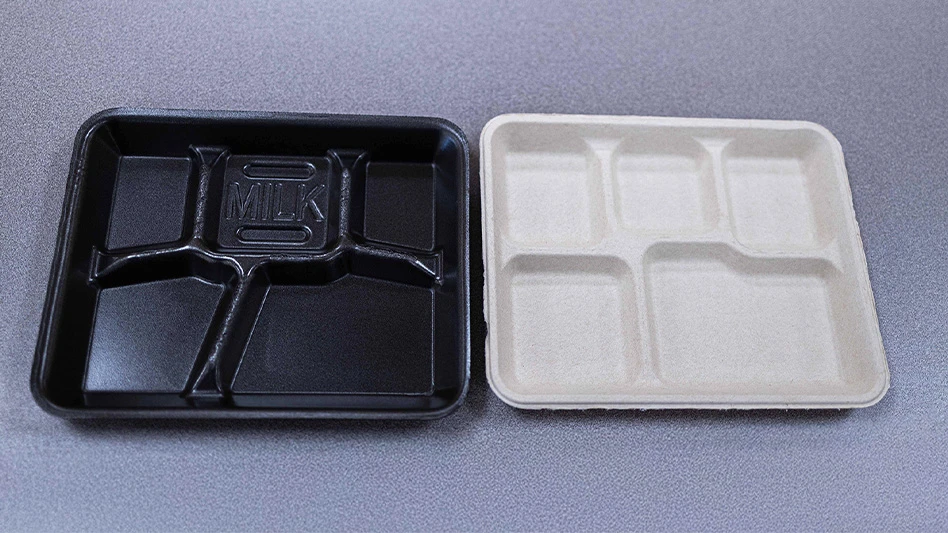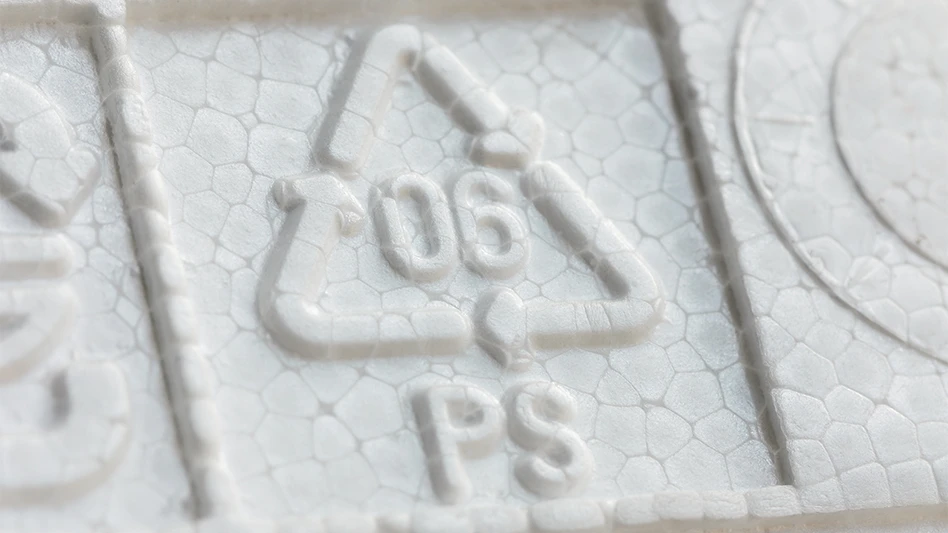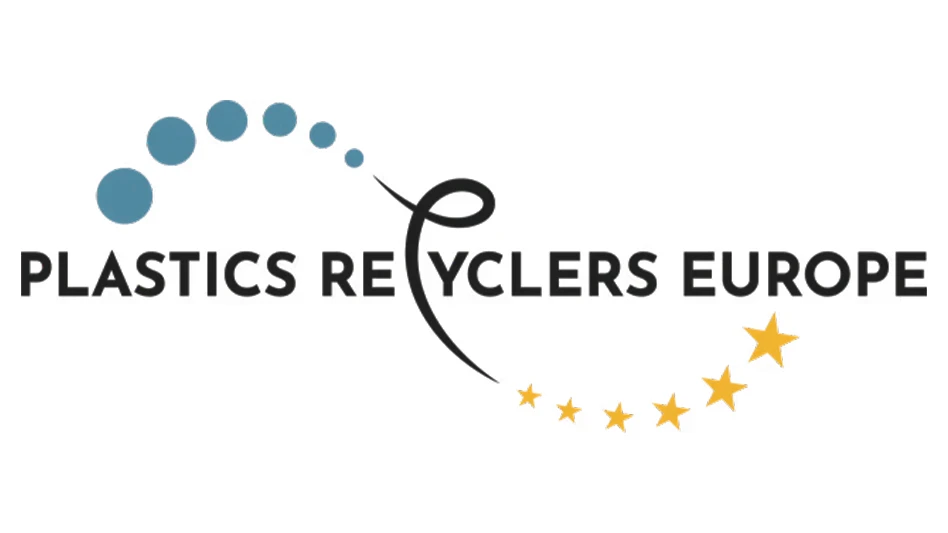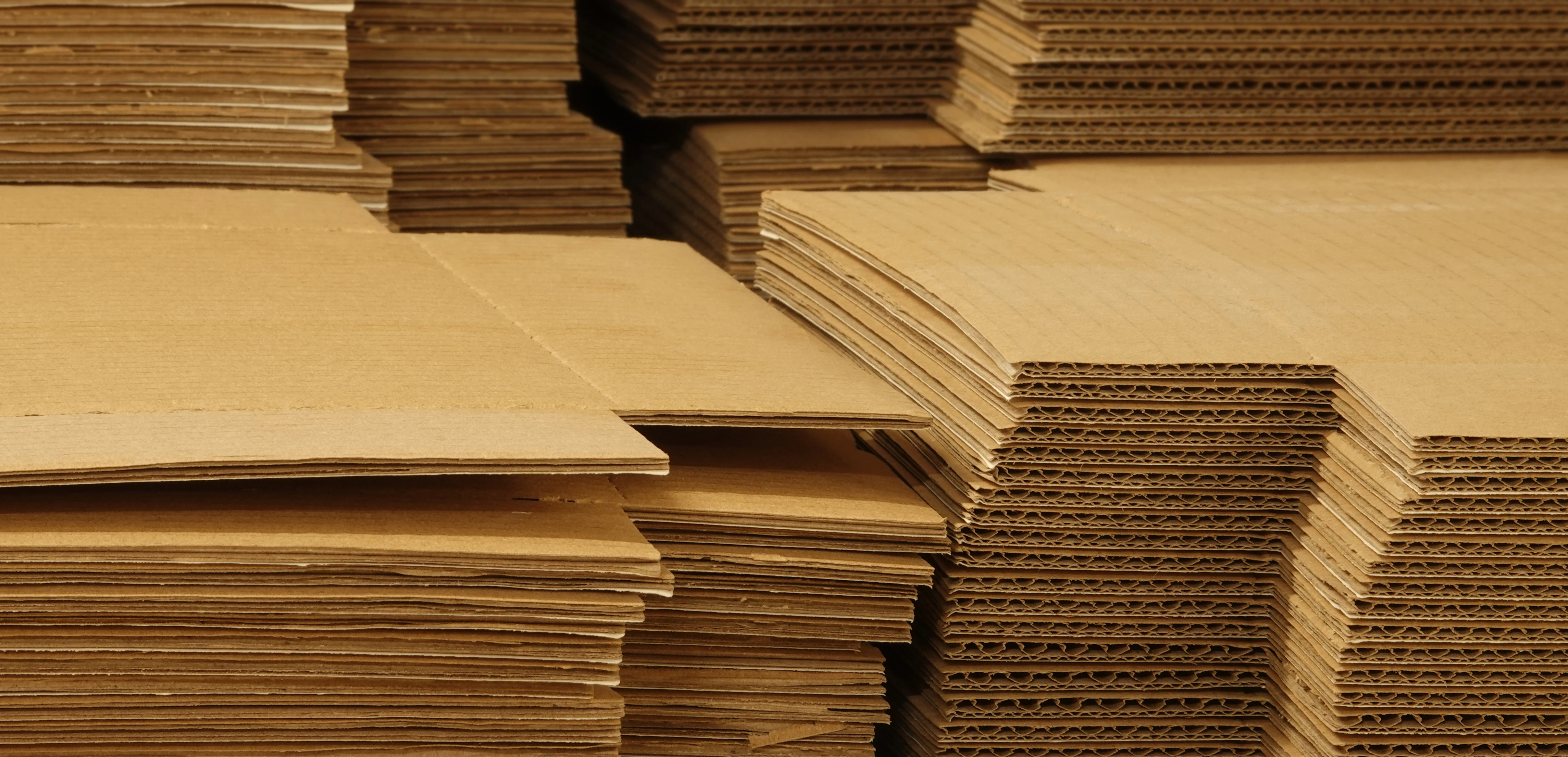
Recycling Today archives
Operators of end-of-life vehicle (ELV) and metals shredding plants have numerous operational, regulatory and quality issues to contend with. Nonetheless, operators and vendors say the high-volume size reduction performed at such facilities remains crucial to maintain a growing and profitable global recycling industry.
In late May, the Shredder Committee of the Bureau of International Recycling (BIR) will convene in Valencia, Spain, with several topics on its meeting agenda.
“As shredders continue to play an increasingly vital role in supporting decarbonization and material recovery efforts, operators are under growing pressure to address both safety and quality demands,” the Brussels-based BIR says in an advance description of the meeting.
On the safety front, fires that often trace back to discarded lithium-ion batteries will be addressed at the meeting, which will be moderated by Shredder Committee Chair Alton Scott Newell III of El Paso, Texas-based shredding technology provider Newell Recycling Equipment.
Addressing that topic at the May 26 meeting will be George Adams, CEO of Orange, California-based SA Recycling, which operates a national network of metal recycling facilities in the U.S., including numerous shredding plants.
BIR says Adams will draw on his decades of experience to share best practices for managing incoming materials and reducing lithium battery-related incidents—two key strategies in preventing potentially catastrophic fires.
At the same meeting, two vendors from downstream sorting technology firms will provide their perspectives on emerging techniques to upgrade shredded metals purity and quality.
Karl Hoffmann of Germany-based Steinert GmbH will focus on his company’s technology for upgrading shredded recycled steel grades.
Manuel Andreis, who works from Europe for Erie, Pennsylvania-based Eriez, will do the same from the Eriez perspective, focusing in part on that company’s Shred1 ballistic separator, designed to produce low-copper ferrous shred.
Those two vendors are far from the only ones investing to ensure metals shredding remains a viable option for recyclers and melt shop consumers.
Early this year, recycling equipment manufacturer Lindemann Germany GmbH held a Customer Advisory Board (CAB) meeting in Manchester, England.
Invited speaker Tom Bird, a former BIR president and current executive with U.K. metals recycling firm Enicor, said new technology and improved processing were poised to enhance finished quality and recovery rates for shredder operators.
“The outlook for recycled metals is extremely positive," he said.
The event organized by Lindemann also included a tour of a sizable shredding plant in Manchester operated by S. Norton & Co. Ltd. The tour location hosts a 3,000-horsepower Lindemann shredder and an array of downstream sorting equipment.
“We were delighted to host this valuable opportunity for senior leaders in the industry to see our technologically advanced shredder and understand how it is able to produce high-quality shredded material, liberating more metal than older, less efficient models,” S. Norton Managing Director Tony Hayer said after the tour.
Hayer sounds convinced the investment in shredding was made with confidence in the future of both shredding and metal recycling.
“The shredder was custom-built to replace an aging asset and is an integral part of our plans for growth and ongoing investment in operational quality and capacity at all our six U.K. sites, including Liverpool,” he said. “We acquired a new site in Glasgow in December 2023 and another site in Birmingham is currently under development.”
In a March news release, Lindemann says the energy and cost savings advantages of metal recycling in the steelmaking sector are indisputable.
“Recycling scrap steel requires up to 74 percent less energy compared to producing steel from raw materials,” according to the firm, which adds that it also drastically reduces CO₂ emissions.
“By increasing the share of scrap in steel production, industries can make significant strides toward net zero targets while also reducing reliance on mining-intensive virgin iron ore.”
Latest from Recycling Today
- In memoriam: Marcel Braud
- PCA sees improving box demand in latest earnings report
- S&P Global Energy Aluminum Symposium 2026: Debating scrap export policy
- Graphic Packaging CEO: ‘External environment remains challenged near term’
- Recycling Today Media Group, NWRA launch new Safety First webinar series
- Mueller retains profitability amid copper volatility
- Partnership will explore Great Lakes-river system connections
- Viably adds Maverick Equipment as dealer





